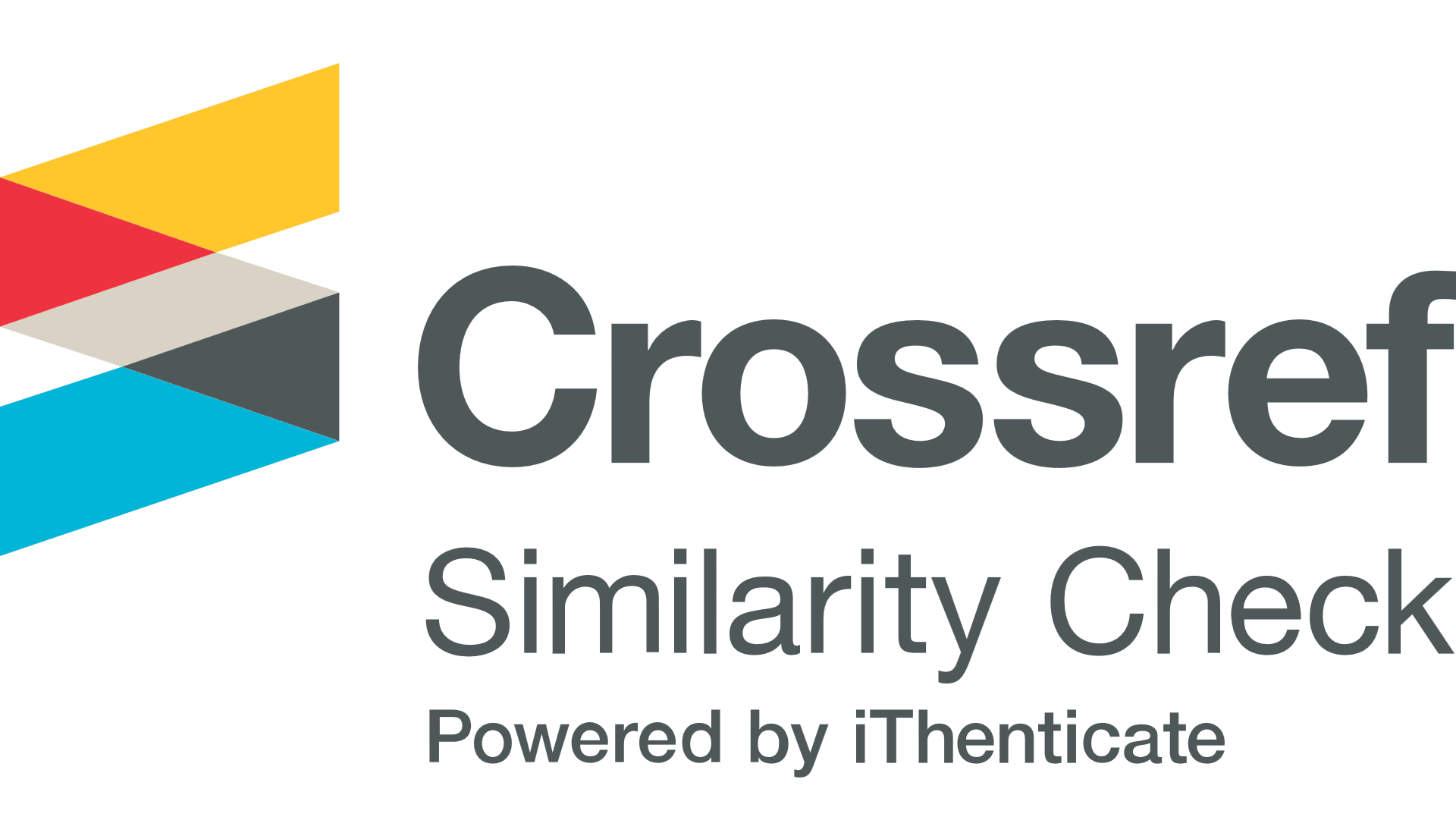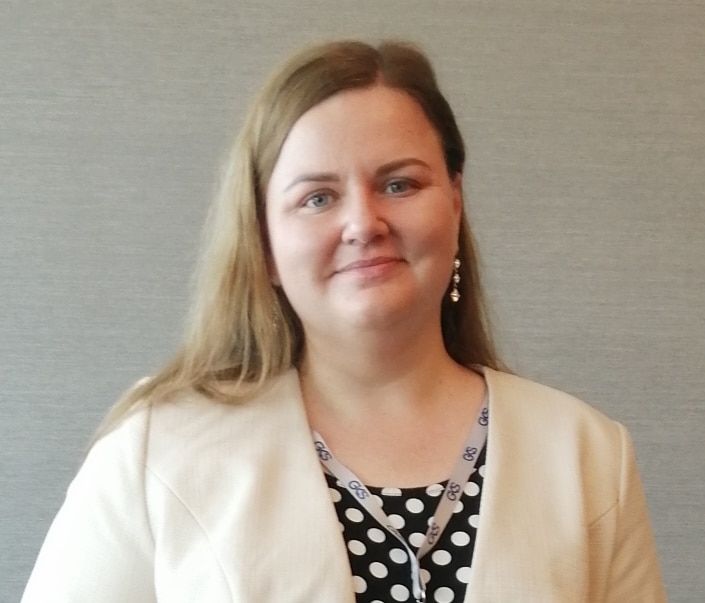2nd World Conference on Language Learning




Learn more about one of the most anticipated language conferences 2024
The role of language in intercultural communication, distance language learning, reflective learning, language and media – are just a few examples of topics that will be language conferences 2024 at the 2nd World Conference on Language Learning on October 18-20 in Manchester, UK.
Language is how we communicate with the world around us, how we absorb its knowledge, how we position ourselves within our communities. With the advancement of technologies, the field of language learning got enriched with a treasure trove of opportunities. This is a vibrant area of study and research papers that will be presented at the language conference will reflect that.
It will be hosted in Manchester – a city known for its diversity. We suggest blocking off an additional day or two on your calendar to explore the beauty and hidden gems of this dynamic city.
Whether you are a scholar, researcher, graduate/postgraduate student, or another member of academia, we can’t wait to welcome you to our continuously growing community.
The Speaker Board of the 2024 Language Conference
- Share your experience at Language Conference 2024 and gather valuable feedback from fellow peers
- Showcase your language programs to a global audience at 2024 language conference
Preliminary subjects to be covered at the language conferences
The language conferences 2024 is seeking submissions related to the following conference topics. Other related tracks and topics will also be considered.
English Language Learning
Language and Technology
- Digital Environment
- Distance Language Learning
- E-learning development
- ICT And Language Learning
- Language & Digitalization
- Language Integrated Learning
- Online International Learning
- Technology And Innovation
- Virtual Exchange
- Virtual Language Labs
- Virtual Mobility
Language Learning and Internationalization
- Cross-Border Interaction
- Cultures In Contact
- Inclusion and Equity
- Intercultural Awareness
- Intercultural Communication
- Intercultural Competence
- Language and Culture
- Language and Globalization
- Language and Ideology
- Language and Media
- Language and Socialization
- Technologies In Intercultural Communication
Language Policy and Politics
- Foreign Language Teaching Policies
- Indigenous Language
- Language Endangerment
- Language Planning and Policy
- Linguistic Diversity
- Minority Languages
- National Languages
Language Teaching Methodologies
- Corpus-Based Approaches
- Foreign language teaching for adults
- Language Curriculum Development
- Language Education
- Needs Analysis
- Teacher Commitment
- Teaching Strategies
- Vocabulary And Lexical Studies
Learning Environment
- Autonomous Learning and Self-Regulation
- Emotion and Language Learning
- Language Acquisition and Learning
- Language and Communication
- Language Classroom Dynamics
- Language Cognition
- Language Learning Communities
- Lifelong Learning
- Metacognition and Self-Reflection
- Motivation in Language Learning
- Psychology of Language Learning
Multilingualism
- Code Switching
- Digital Multilingual Environments
- Diversity of Languages
- Language Interference
- Language Terminology
- Lingua Franca
- Multilingualism and Translation
- Multi-Literacies
- Plurilingualism
- Trans-Languaging
- Translation & Interpretation
Teacher Training and Development
- Language Teacher Digital Skills
- Language Teacher Education
- Teacher Professional Training
Testing and Assessment
- Achievement Tests
- Aptitude Tests
- Assessment for Academic Context
- Assessment in Multilingual Contexts
- Certification and Recognition
- Common European Framework of Reference for Languages (CEFR)
- Diagnostic Tests
- Fairness, Quality and Validation of Assessment
- Foreign Language Proficiency Tests
- Language Placement Tests
- Language Program Evaluation
- Language Testing and Evaluation
- Learner Proficiency Assessment
- Learning-Oriented Assessment
- Listening Proficiency Test
- Oral Proficiency Interview
- Reading Proficiency Test
- Writing Proficiency Test
LANGUAGECONF
Keynote Speaker
Dr. George Cremona
Senior lecturer and Coordinator for German programmes offered by the Faculty of Education at the University of Malta.

Topic: Multimodal Elements in The Language Classroom – Shedding Light on What Is Already Invisibly There
He lectures in German language teaching methodology and gives lectures about Multimodality. He also coordinates the Media Literacy VET Programmes of the Faculty of Education. Dr. Cremona is also the Faculty of Education Erasmus Coordinator.
He has been a member of the faculty since 2009. In 2015 he completed his PhD at the UCL - Institute of Education. In 2007 he was awarded a Masters in Comparative Education from the University of Malta. He collaborates actively with various German schools on a number of projects related to Comparative Education and Foreign Language teaching. He has also participated in an international project on intercultural communication (2009-2011).
Currently (since January 2012) he is also working on a research project series called 'Multimodality in Practice'. This project aims to implement Multimodal concepts and theories in practice particularly in schools and through the media (i.e., radio programmes, tv programmes and the internet). For this, in 2017, 2019 and 2020 he was awarded the prestigious IGM national award.
In 2009 he scripted and published a 13-week German for beginners’ course – for TV and also available online – which later was nationally recognized as the best educational TV series of the year.
LANGUAGECONF
Highlighted Speakers

Chioma O.C Chukueggu

Ali Abdallah

Ruth Verburg

Allison Palacios
LANGUAGECONF
Past Speakers

Barbara Łukaszewicz

Fawzi Al Ghazali Bio

Yanru Xin

Ridmi Dasanayaka
Language Conferences 2024 - Peer Review
Peer review is the evaluation of a scientific work by one or more people in the same field to make sure it meets the necessary standards for presentation and publication. Peer review is vital to the quality of published research. The Conference Scientific Committee is the competent authority in taking decision(s) on selection or rejection of the manuscripts of all the manuscripts submitted.
Double-Blind Peer Review
All manuscripts submitted for conference presentation and for publication in the Conference proceedings are subject to a double-blind peer review process. The conference uses double-blind review, which means that the identities of both reviewer and author are hidden, throughout the review process. During the peer review process, the content will be assessed in terms of Validity, Scope, Novelty, Data, Clarity, Compliance, and Advancement. Reviewers invest a huge amount of time and expertise in the peer review process.
Event Participants
130+
Our Speakers
20+
Posters
25+
Virtual
23+
Avenues for Publication of Your Research Work
The 2nd World Conference on Language Learning offers a unique opportunity to get your work published and viewed by thousands of peers, scholars, and members of academia across the world. We are committed to support you through your journey in research publication
- Conference Proceedings with the ISBN Number
- Digital Object Identifier (DOI) from CrossRef
- Proceedings submission to Google Scholar for Indexing
- Publication opportunities in various Scopus and international indexed journals
- Publication at Open Access Book

Plagiarism Policy & Publication Ethics
The 2nd World Conference on Language Learning follows strict anti-plagiarism policies and, as such, checks every submission for plagiarism using Crossref Similarity Check Powered by iThenticate. All articles submitted to the conference first undergo a plagiarism check before being sent to our scientific committee for review. The submission will be automatically rejected at any time if found plagiarized. If you’d like to find out more information about the iThenticate software, click on the following link: https://www.crossref.org/services/similarity-check/

Explore the host city
The Organizing Committee will offer all conference participants a city tour free of charge, so learn about Manchester’s vibrant past and present, with a friendly local guide.
Invitation Letter
If you require a visa, we advise you to obtain and submit an official Letter of Invitation from the Language conferences 2024 organizers to help facilitate the visa process.
Networking
Attending the Language conference will provide an opportunity to network and share thoughts on recent advances with other academics and experts in the same or similar fields.
Who Should Attend?
Our Language conferences 2024 are designed for members of the academia and non-profit, public, and private sector members who are interested in the latest research and academic developments in the field of Language Learning.
Join THE Language Conference of the Year
All Language conferences 2024 participants must pay the registration fee. For each paper/poster, at least one author must attend and pay the Conference registration fee. Delegates can choose any of the options given below to participate at the Conference. Please see registration deadlines and payment instructions below.
Registration Deadline
11 October 2024
- Authors (Students): £320
- Authors (Regular): £370
- Listener: £140
- Virtual Delegate: £160
- Extra Paper: £75
Scholars Speak: Testimonials on Our Conference







Explore Venue
The University of Manchester, Core Technology Facility
Address: 46 Grafton St, Manchester M13 9WU

The conference Organizer would also like to offer the participants
One - Day City Tour Free of Charge
Manchester, a vibrant city in the heart of England, is a melting pot of history, culture, and innovation. Known for its industrial past as the birthplace of the Industrial Revolution, Manchester has transformed itself into a modern and cosmopolitan metropolis. From its iconic red-brick architecture to its lively music and arts scene, the city exudes an energy that captivates both locals and visitors alike. Manchester holds not only a rich cultural heritage but also significant academic importance. Renowned for its exceptional universities and educational institutions, Manchester has solidified its reputation as an intellectual hub. The city boasts prestigious institutions such as the University of Manchester, which consistently ranks among the top universities globally. With a diverse range of academic disciplines, from science and technology to arts and humanities, Manchester attracts scholars from all over the world, fostering an environment of innovation and intellectual exchange.



